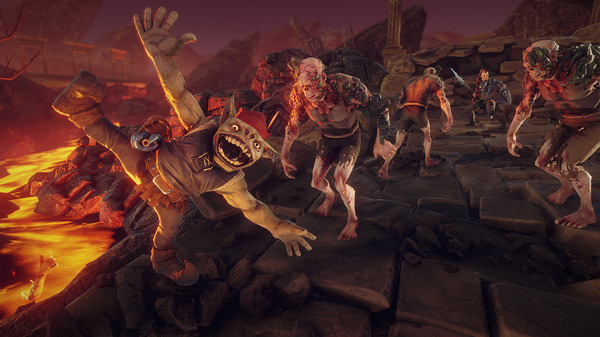

(Nations such as Nigeria, Iran and Syria have been routinely criticized for extrajudicial killings of enemies of the state.) Last month, administration officials affirmed that power, stating that the president can order the assassination of any citizen whom he considers allied with terrorists. citizen Anwar al-Awlaqi and another citizen under this claimed inherent authority. Last year, he approved the killing of U.S. Bush did before him, the right to order the killing of any citizen considered a terrorist or an abettor of terrorism.


President Obama has claimed, as President George W. government since 9/11 puts us in rather troubling company. But their governments have broad discretion in denying those rights and few real avenues for challenges by citizens - precisely the problem with the new laws in this country. These countries also have constitutions that purport to guarantee freedoms and rights. Those countries do lack basic individual rights such as due process, placing them outside any reasonable definition of “free,” but the United States now has much more in common with such regimes than anyone may like to admit. Yet, objectively, we may be only half right. Americans often proclaim our nation as a symbol of freedom to the world while dismissing nations such as Cuba and China as categorically unfree. They form a mosaic of powers under which our country could be considered, at least in part, authoritarian. While each new national security power Washington has embraced was controversial when enacted, they are often discussed in isolation. At what point does the reduction of individual rights in our country change how we define ourselves? 31, which allows for the indefinite detention of citizens. The most recent example of this was the National Defense Authorization Act, signed Dec. 11, 2001, this country has comprehensively reduced civil liberties in the name of an expanded security state. Yet, the laws and practices of the land should shake that confidence.
#Hand of fate secret society free#
Other countries have been condemned for the use of secret evidence and torture.Įven as we pass judgment on countries we consider unfree, Americans remain confident that any definition of a free nation must include their own - the land of free. Iran, for example, has been criticized for denying fair public trials and limiting privacy, while Russia has been taken to task for undermining due process. Whether we are viewed as a free country with authoritarian inclinations or an authoritarian nation with free aspirations (or some other hybrid definition), we are clearly not what we once were.Įvery year, the State Department issues reports on individual rights in other countries, monitoring the passage of restrictive laws and regulations around the world. If we are going to adopt Chinese legal principles, we should at least have the integrity to adopt one Chinese proverb: “The beginning of wisdom is to call things by their right names.” We seem as a country to be in denial as to the implications of these laws and policies.

The column addresses how the continued rollbacks on civil liberties in the United States conflicts with the view of the country as the land of the free. Below is today’s column in the Sunday Washington Post.


 0 kommentar(er)
0 kommentar(er)
